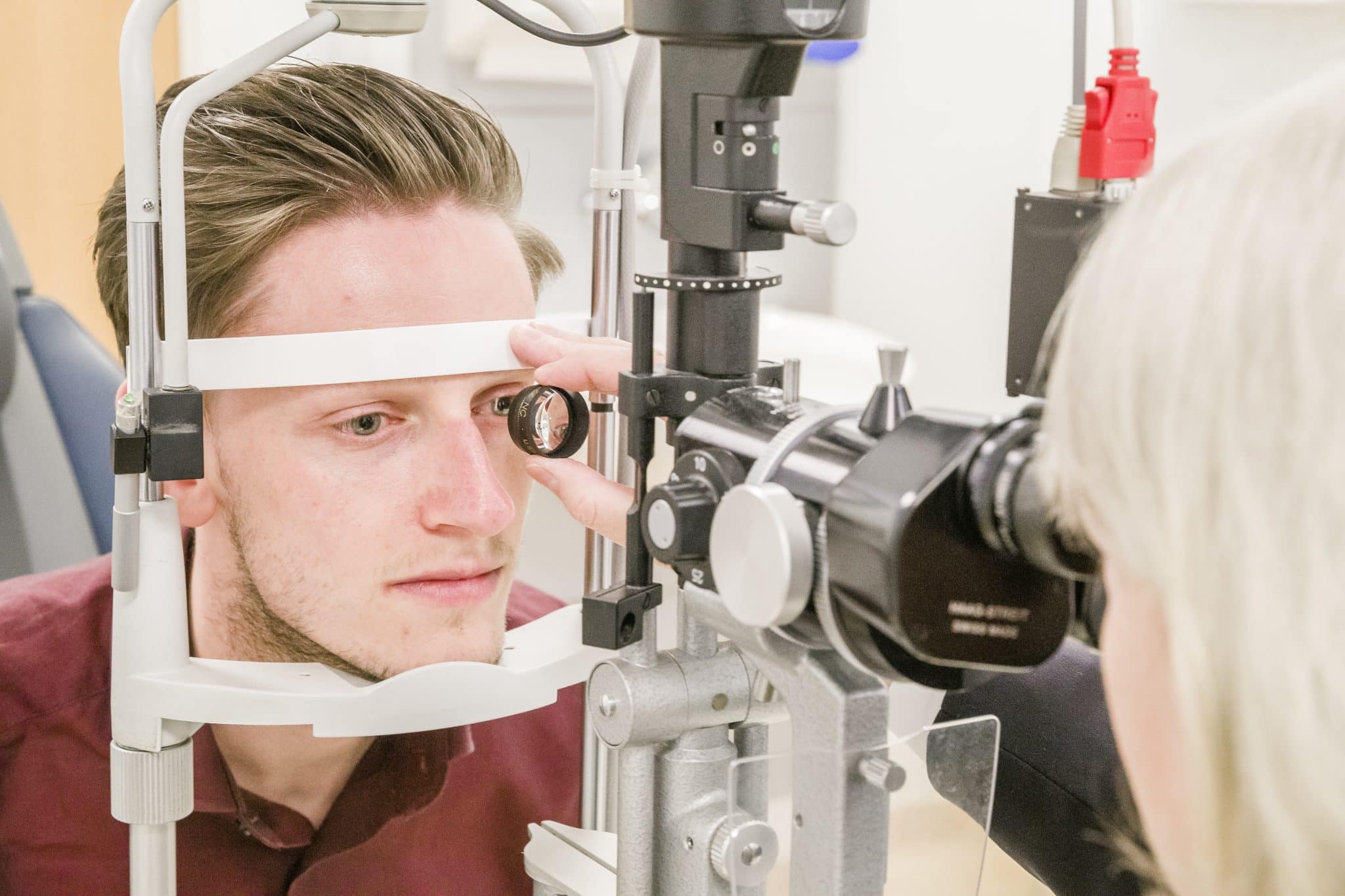
Progress in Charles Bonnet Syndrome (CBS) research
We recently received an update on the latest research into Charles Bonnet Syndrome from Dr Jasleen Jolly as part of a Retina UK podcast about visual hallucinations.
Search results

We recently received an update on the latest research into Charles Bonnet Syndrome from Dr Jasleen Jolly as part of a Retina UK podcast about visual hallucinations.
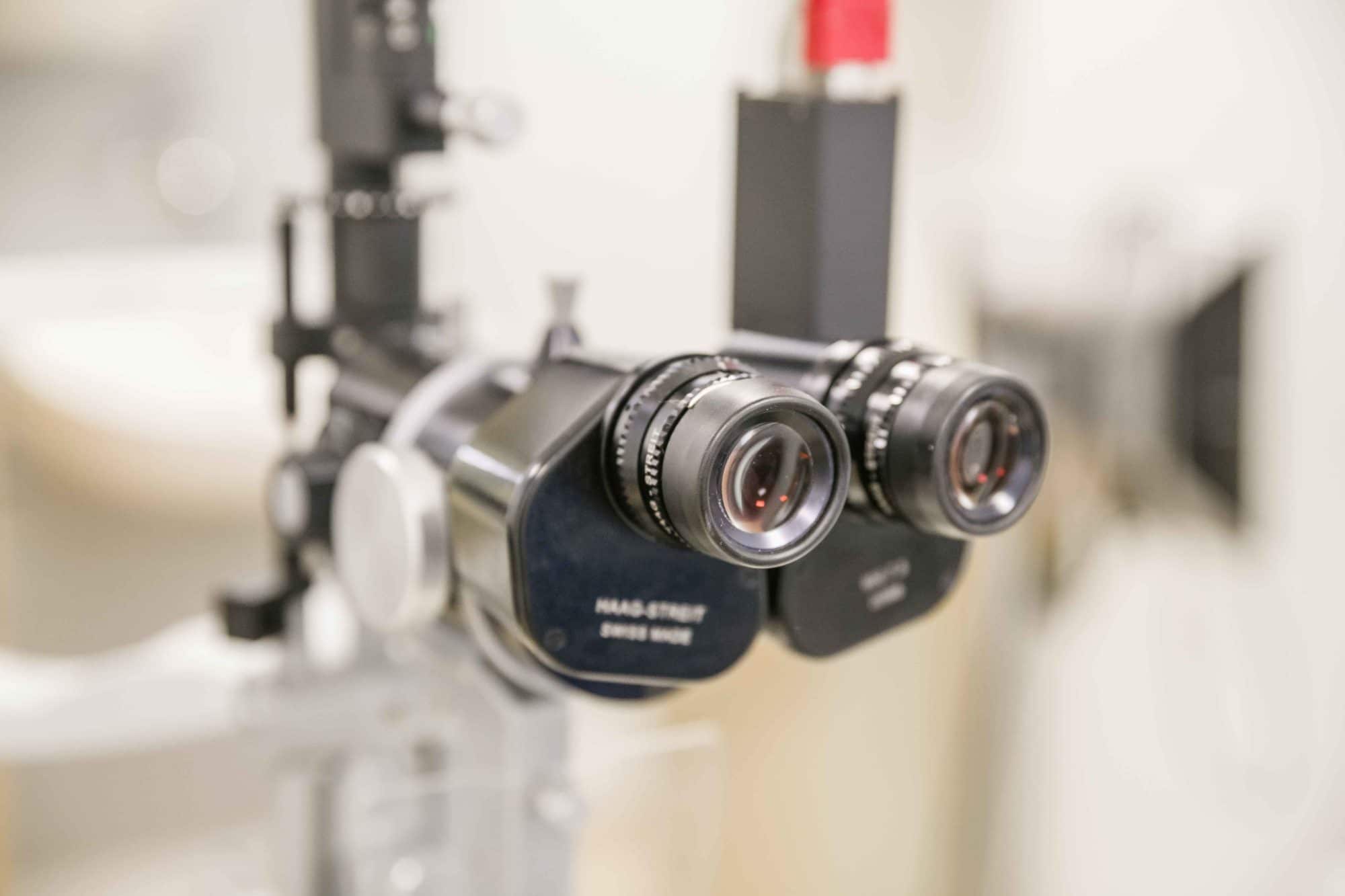
Researchers who received funding from Retina UK have carried out experimental gene therapy that is reported to have led to ‘life changing improvements’ to sight for four children with inherited sight loss.
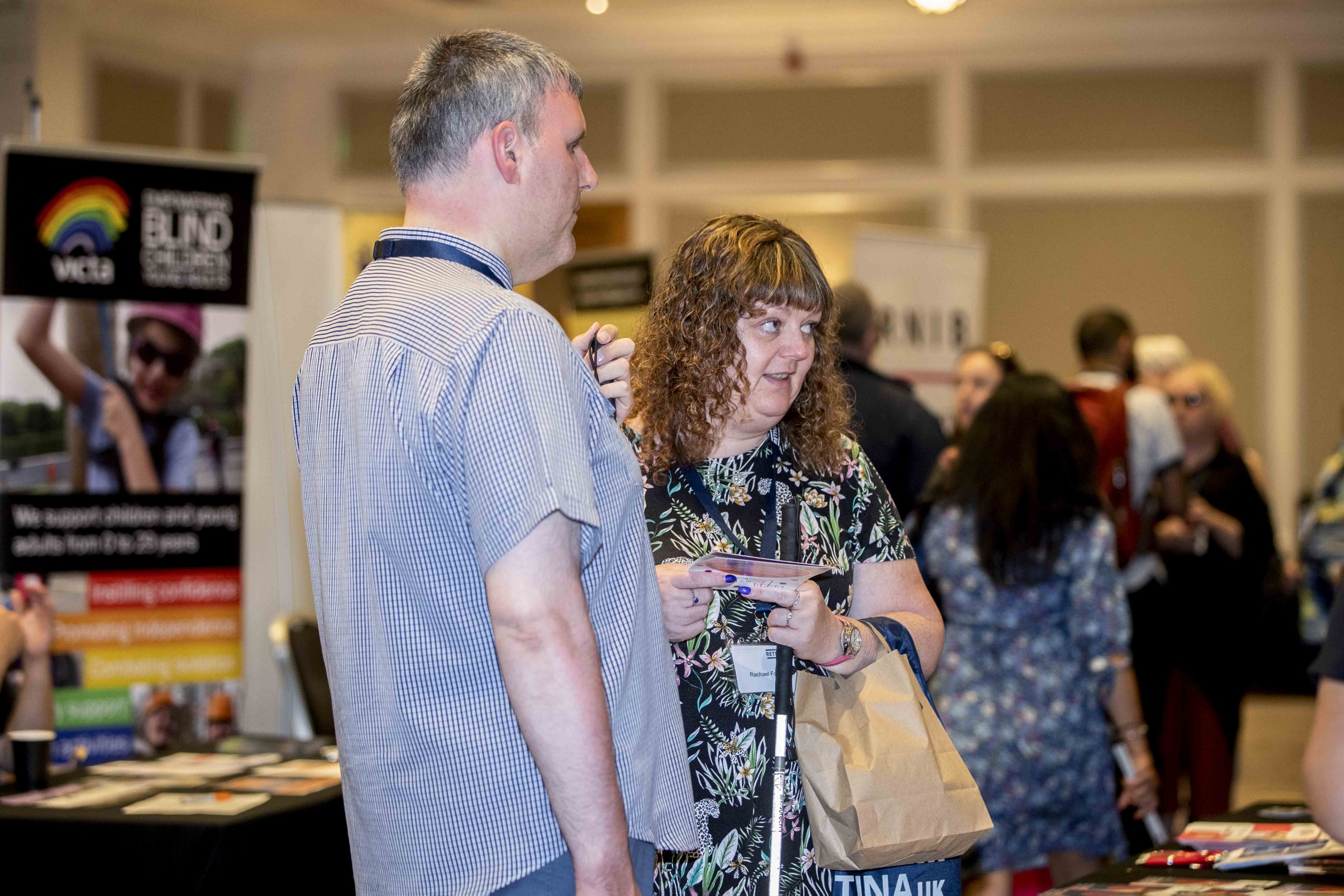
Inherited retinal dystrophies (IRDs) are the leading cause of blindness in working-age people in the UK, and children as young as eighteen-months are regularly diagnosed.
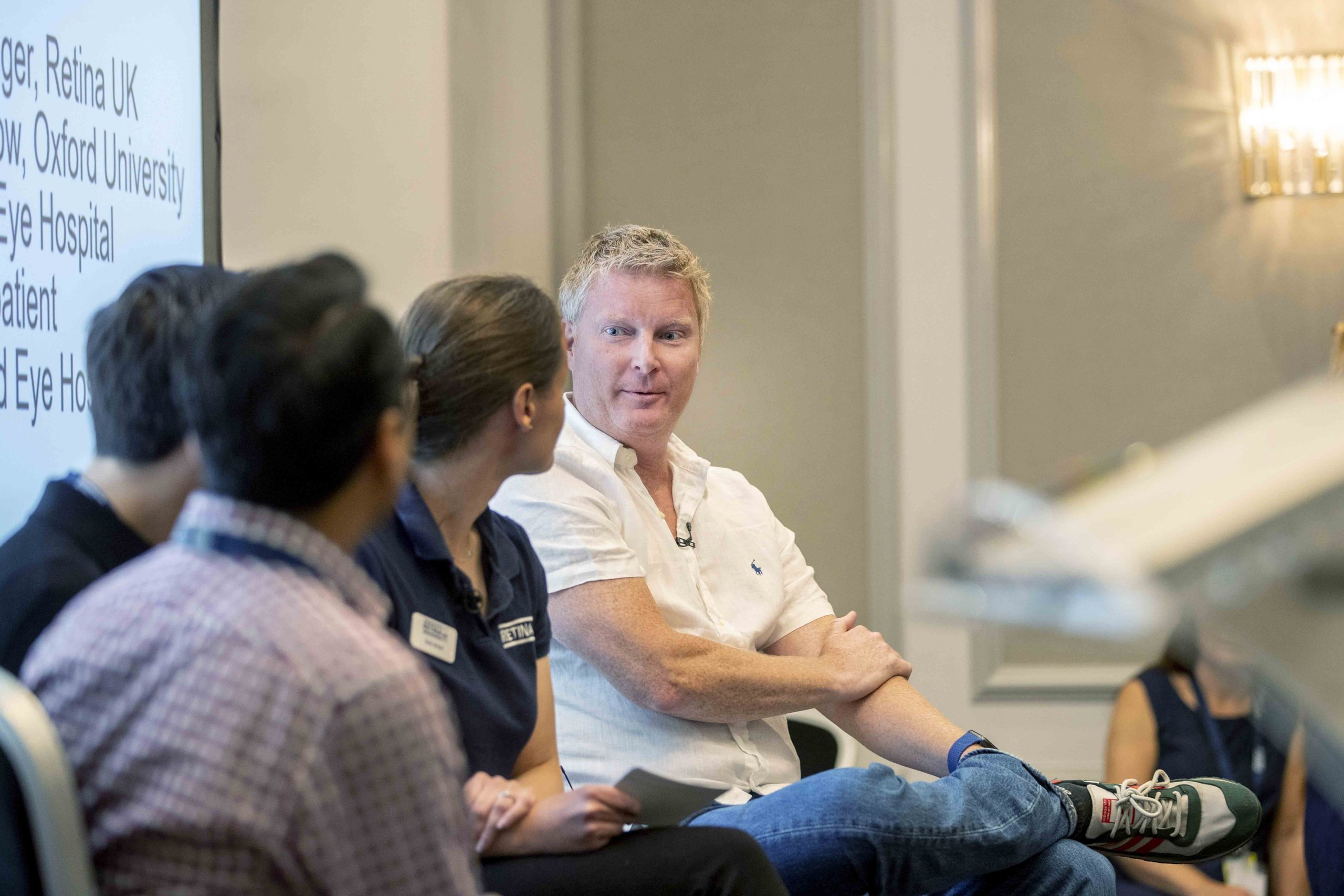
Our community is informed and knowledgeable about current research projects into the cause(s) of and treatments for these conditions.
A round-up of the latest research into inherited retinal conditions - February 2024.
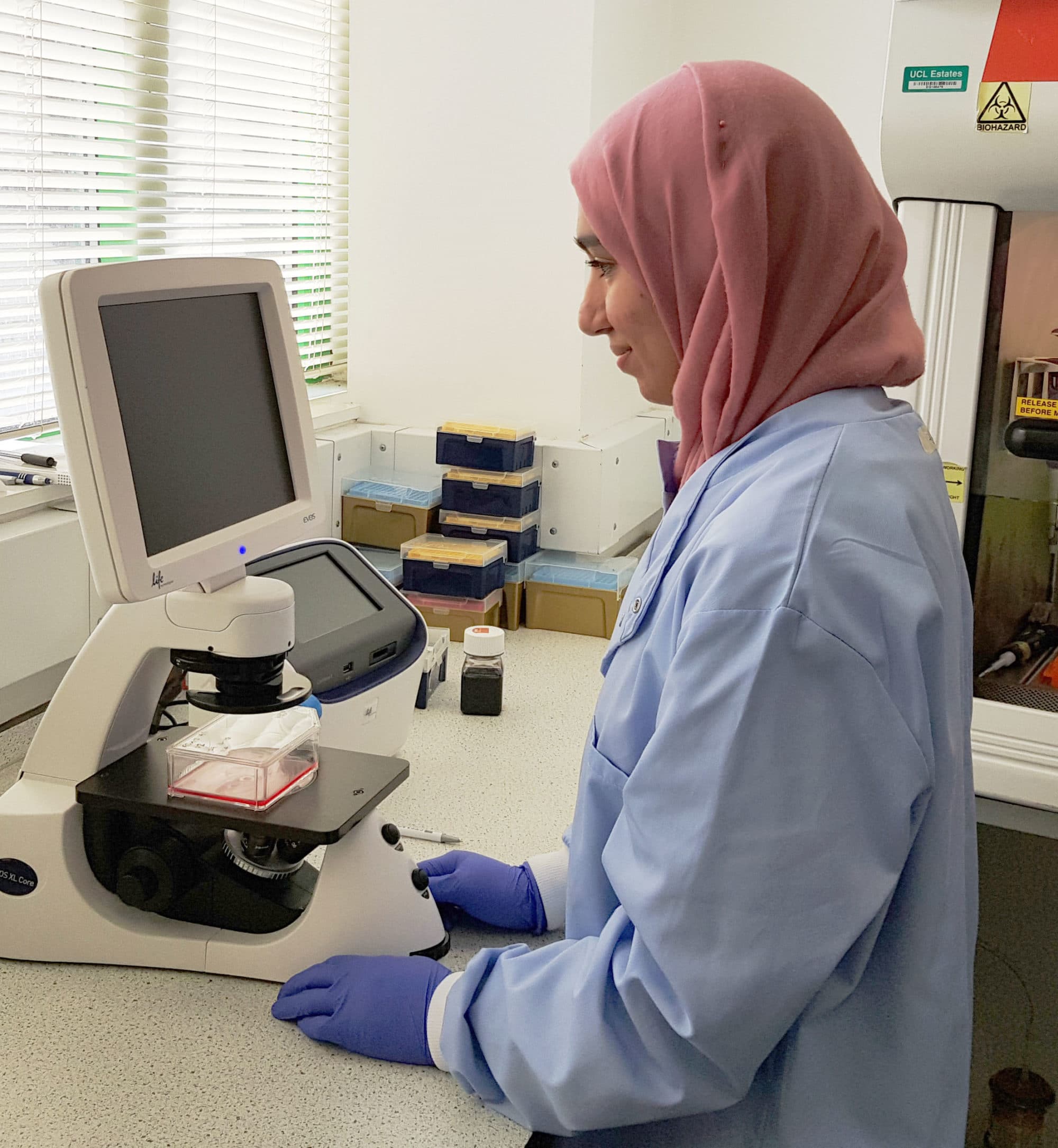
Research into inherited retinal conditions is one of the key objectives of Retina UK.

Retina UK invites applications for funding for innovative, high quality research projects investigating the causes and potential treatments for all forms of inherited retinal disease. We are particularly keen to receive proposals with demonstrable translational potential.
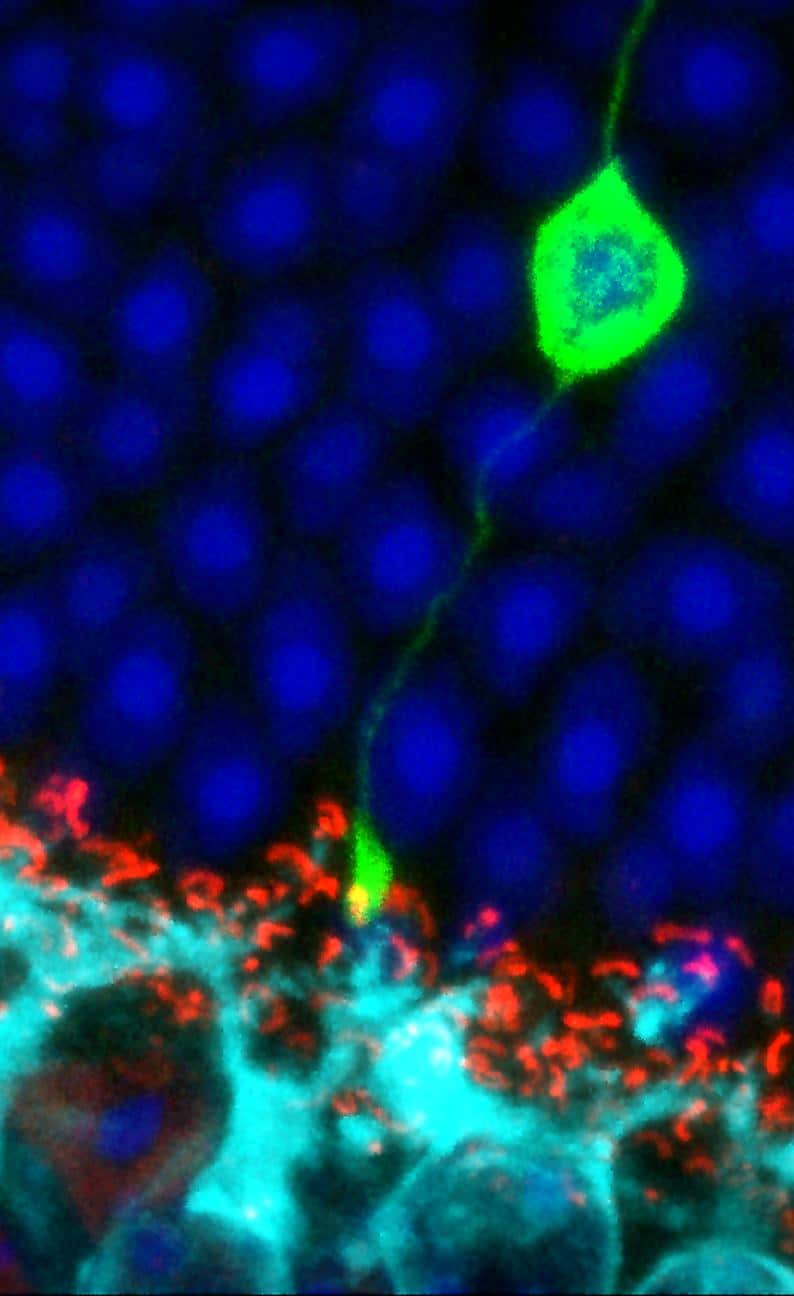
Stem cells are a special type of cell, which under the right conditions can be encouraged to grow into any other type of cell in the body, including retinal cells (rods, cones and retinal pigment epithelial cells).
The following projects were being funded by Retina UK and have recently come to an end.
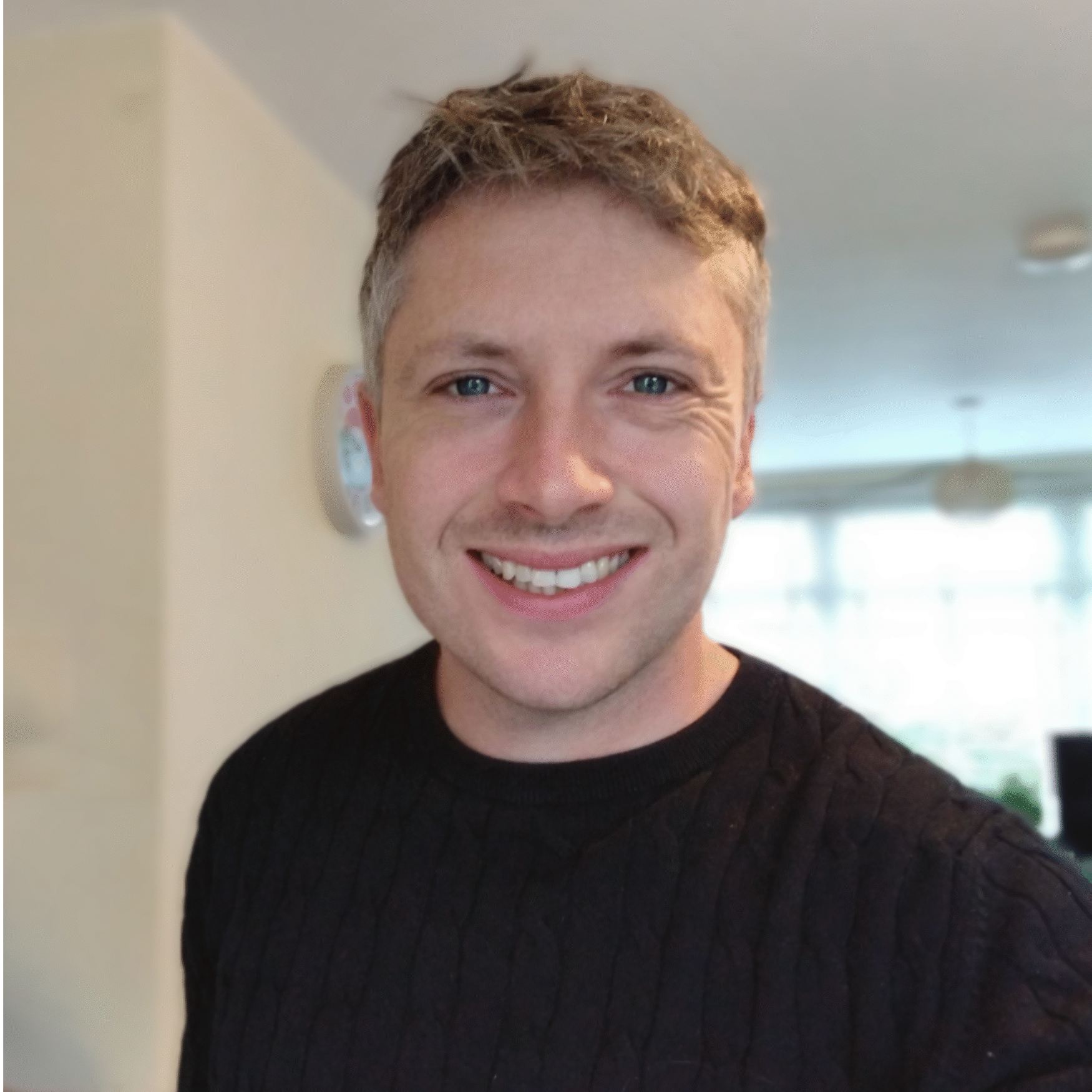
Sam joins Retina UK, bringing a blend of scientific expertise, strategic leadership, and communication experience gained from over a decade working at Cancer Research UK.